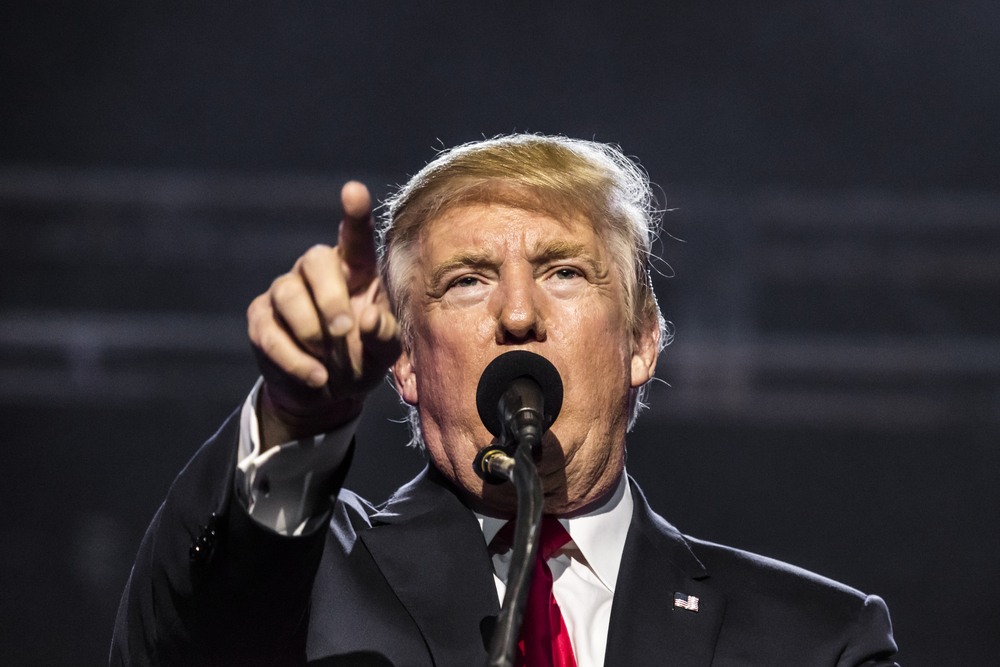Key Takeaways:
- A federal judge denied the Trump administration’s request to lift a deportation block under an 18th-century law.
- The ruling allows Venezuelans facing deportation to challenge their classification as dangerous gang members.
- The decision highlights concerns over due process and fair treatment for immigrants.
Federal Judge Delays Deportation Order: Venezuelans Get a Chance to Fight Back
In a significant legal move, a federal judge recently rejected the Trump administration’s attempt to lift an order blocking deportations under a law from the 1700s. This ruling gives Venezuelans facing deportation the opportunity to challenge their labeling as members of a dangerous gang.
The decision has sparked debate over immigration policies and the rights of those targeted for deportation. Let’s break it down.
What Happened?
The Trump administration tried to use an old law to deport certain Venezuelans. This law, dating back to the 18th century, allows the government to remove individuals deemed dangerous to public safety. In this case, the administration argued that some Venezuelans were part of violent gangs and should be deported.
However, a federal judge stepped in and blocked the move. The judge ruled that the individuals in question should have the chance to contest their designation as gang members. Essentially, the court said that before deporting someone, they must have a fair chance to prove they’re not a threat.
Why Does This Matter?
This ruling is important for a few reasons:
- Due Process: The judge emphasized the importance of giving people a chance to defend themselves. Without this, deportations could happen unfairly, violating basic rights.
- Immigration Policies: The decision challenges the Trump administration’s broader approach to immigration, particularly its use of older laws to justify deportations.
- Impact on Venezuelans: For Venezuelans facing deportation, this ruling offers hope. It means they can now present their side of the story and potentially avoid being removed from the U.S.
What’s Next?
The Trump administration could appeal the decision, but for now, the deportation order remains blocked. In the meantime, the Venezuelans involved will get their day in court to argue their case.
This case also raises questions about the fairness of using centuries-old laws to enforce modern immigration policies. Advocates for immigrants argue that such laws are outdated and don’t provide the protections guaranteed by the U.S. Constitution.
A Closer Look at the Law
The law in question dates back to 1789 and gives the government the power to deport individuals deemed dangerous to public safety. While it’s been used selectively over the years, critics argue that it’s too broad and doesn’t provide enough safeguards for those targeted.
In this case, the judge agreed with critics, saying that labeling someone as a gang member without giving them a chance to challenge it violates their rights. The ruling suggests that the government needs to be more transparent and fair in how it applies this law.
What Do Venezuelans Say?
Advocates for the Venezuelans argue that many of those targeted are not gang members but rather victims of circumstance. Some fled Venezuela to escape violence or political unrest, only to face deportation in the U.S.
One advocate stated, “These individuals are seeking safety and a better life. They deserve a fair chance to prove they’re not a threat, not be deported without a hearing.”
The Bigger Picture
This case is just one example of the ongoing debate over immigration in the U.S. The Trump administration has taken a hardline stance on deportations, often using existing laws to justify its actions. However, courts have increasingly pushed back, arguing that such policies must respect due process and human rights.
As the U.S. continues to grapple with immigration reform, cases like this highlight the challenges of balancing public safety with fairness and compassion.
Conclusion
The federal judge’s decision to block the deportation order is a significant win for Venezuelans facing removal. It underscores the importance of due process and fair treatment in immigration cases.
While the Trump administration may appeal the ruling, the case serves as a reminder that even in complex legal battles, the rights of individuals must be protected. For now, Venezuelans caught up in this situation have a chance to fight for their future in the U.S.
This story is far from over, but one thing is clear: the courts are playing a crucial role in shaping the future of immigration in America.
